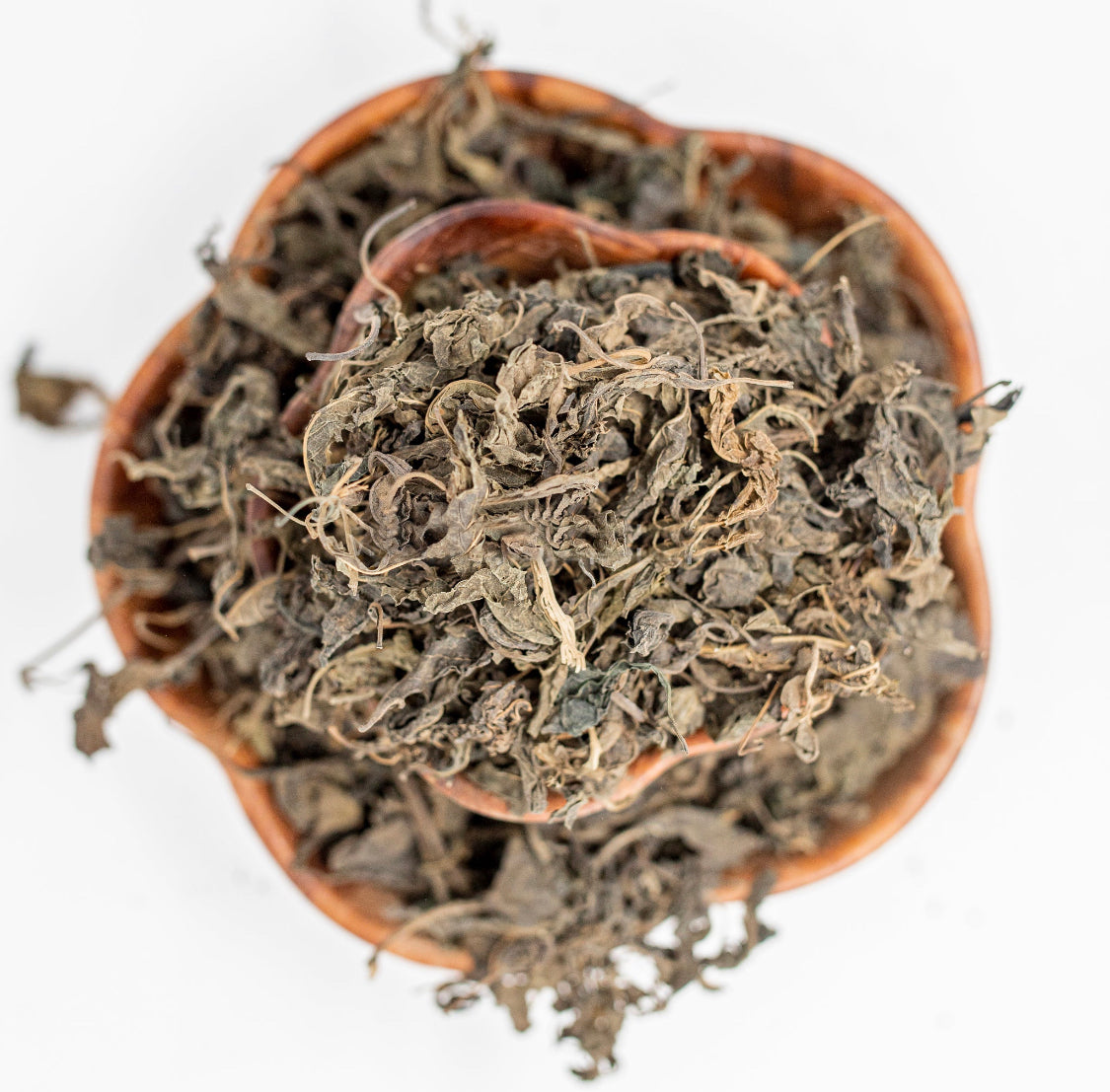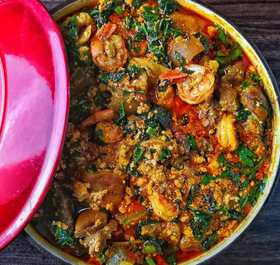
DRIED VEGETABLES: GOOD OR BAD?

Dried vegetables is a staple ingredient in our pantry but one common question we get is: are dried vegetables good/bad?
We'll share some of the benefits of dried vegetables that make them a great alternative to fresh vegetables.
Nutritional Value: Although the water content of dried vegetables like water leaf, uziza leaves, Oha leaves, ugu (pumpkin leaves), ewedu (jute leaves), and bitterleaf is removed in the drying process, they still maintain nearly all of their vitamins and minerals.
Convenience: They provide a convenient way to incorporate vegetables into your diet, especially when fresh options are not readily available. They require minimal preparation and can be rehydrated by soaking in water or adding them directly to soups,
Extended Shelf Life: They reduce spoilage and their shelf life is extended when properly stored. They are an alternative option especially in areas where fresh produce is not readily available or during seasons when certain vegetables are out of season. They can last for months in your pantry.
Easy Storage: Dried vegetables require minimal storage space. They can be stored in airtight containers or resealable bags in a cool dry place.
Reduce Waste: It allows you to use vegetables that might otherwise spoil before you can consume them.
Overall, dried vegetables still retain many of their nutrients and can be a valuable addition to a balanced diet.


Leave a comment